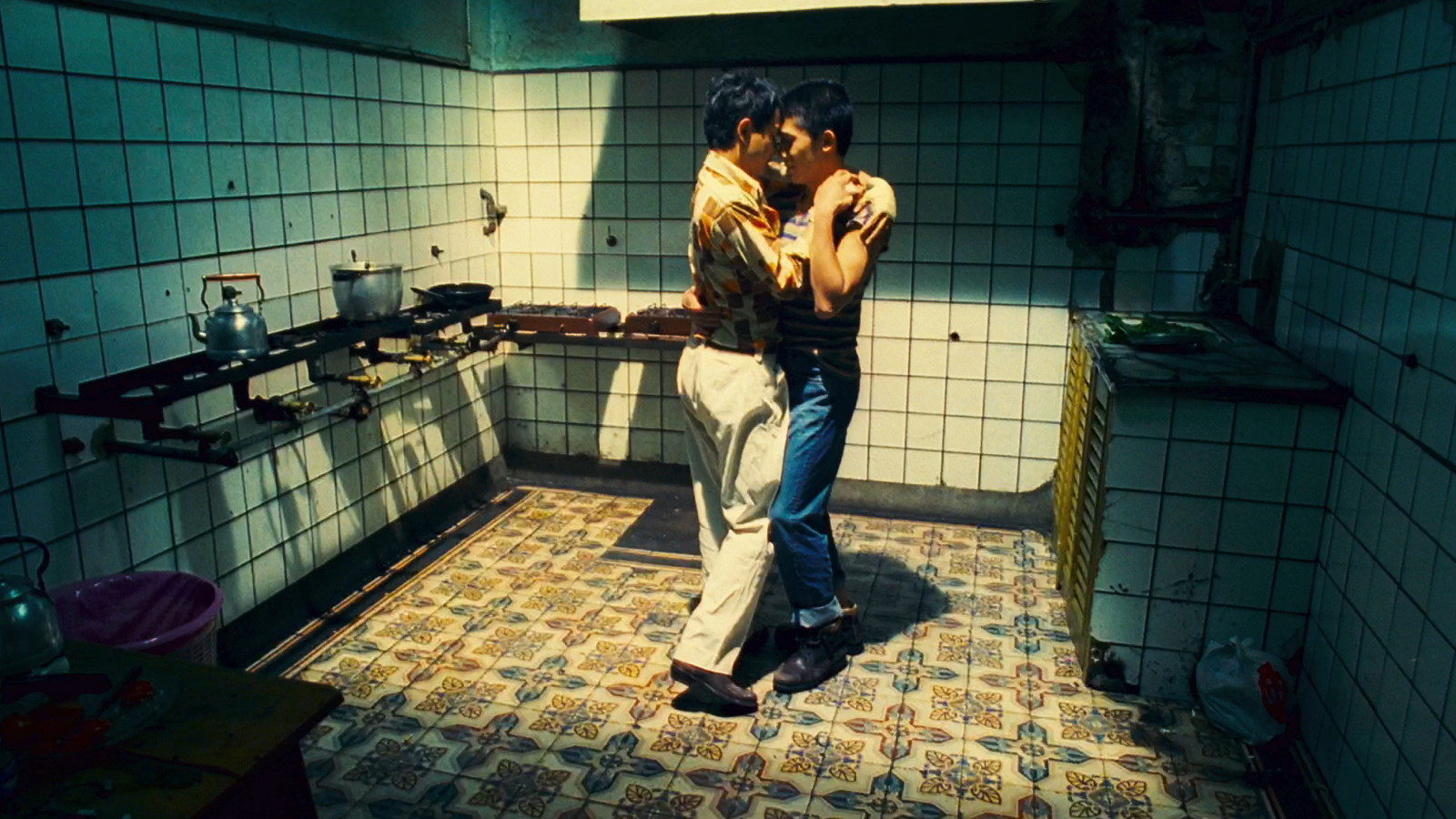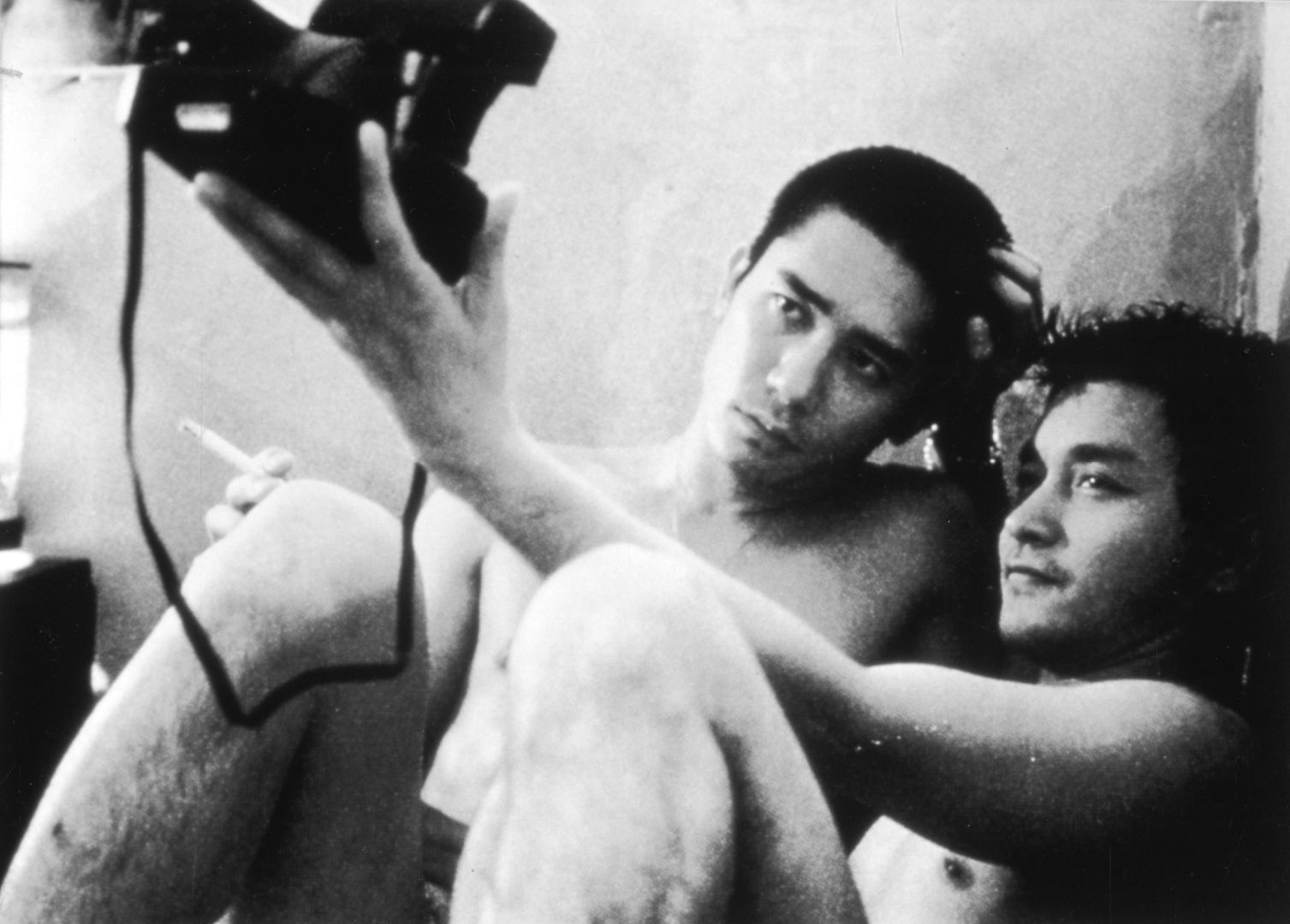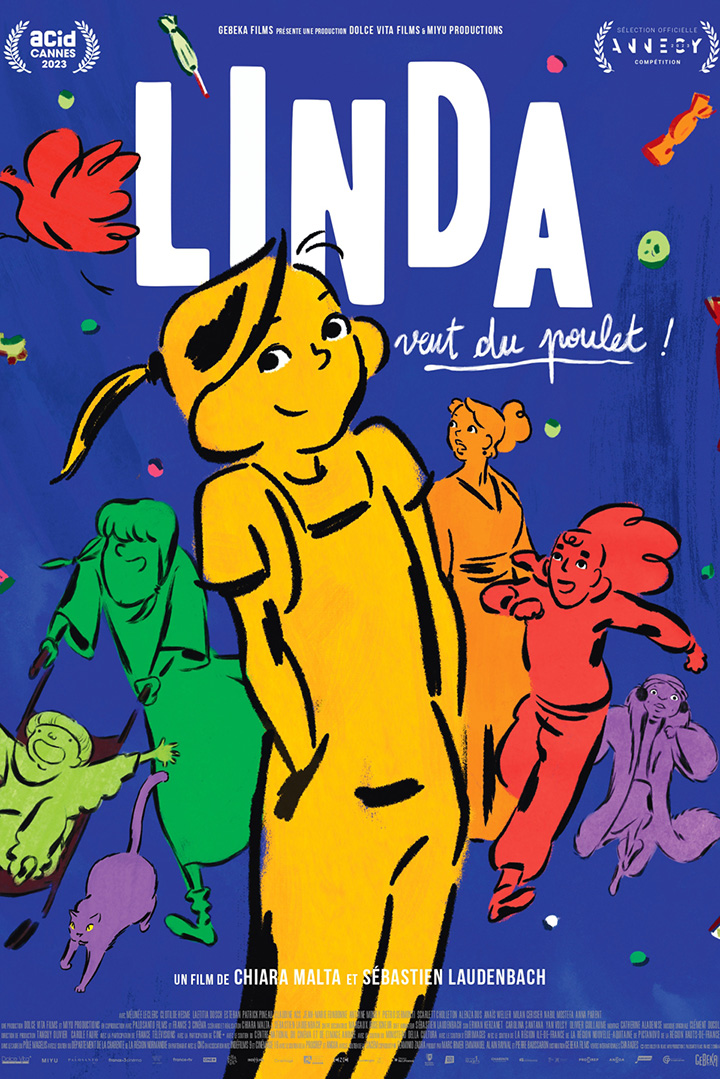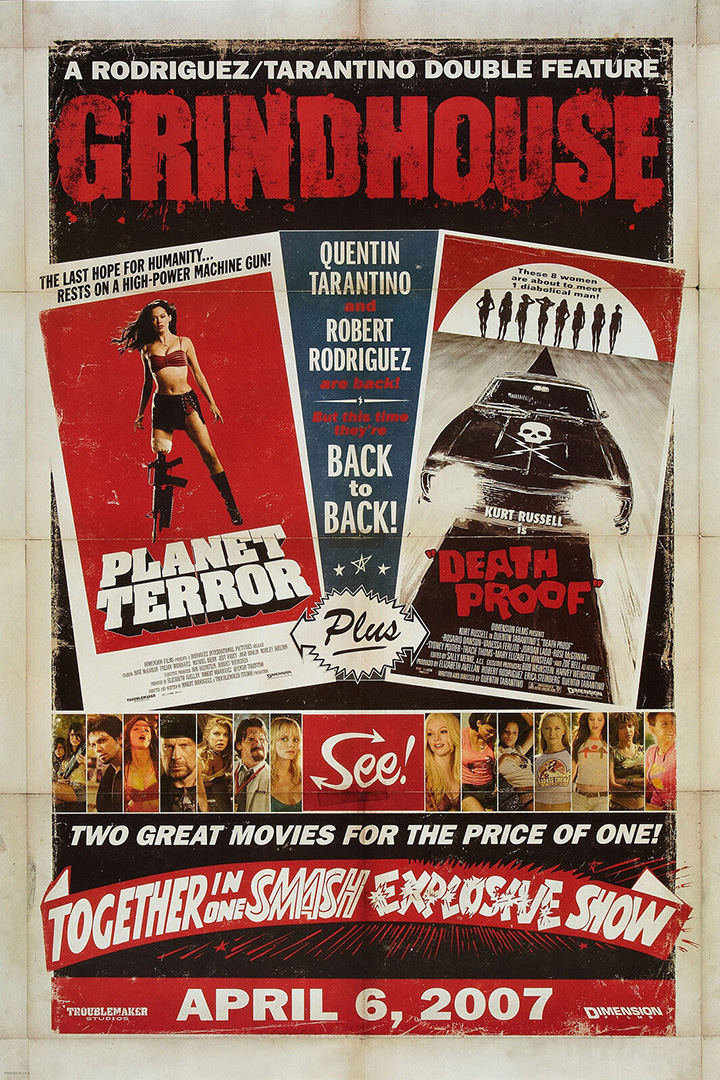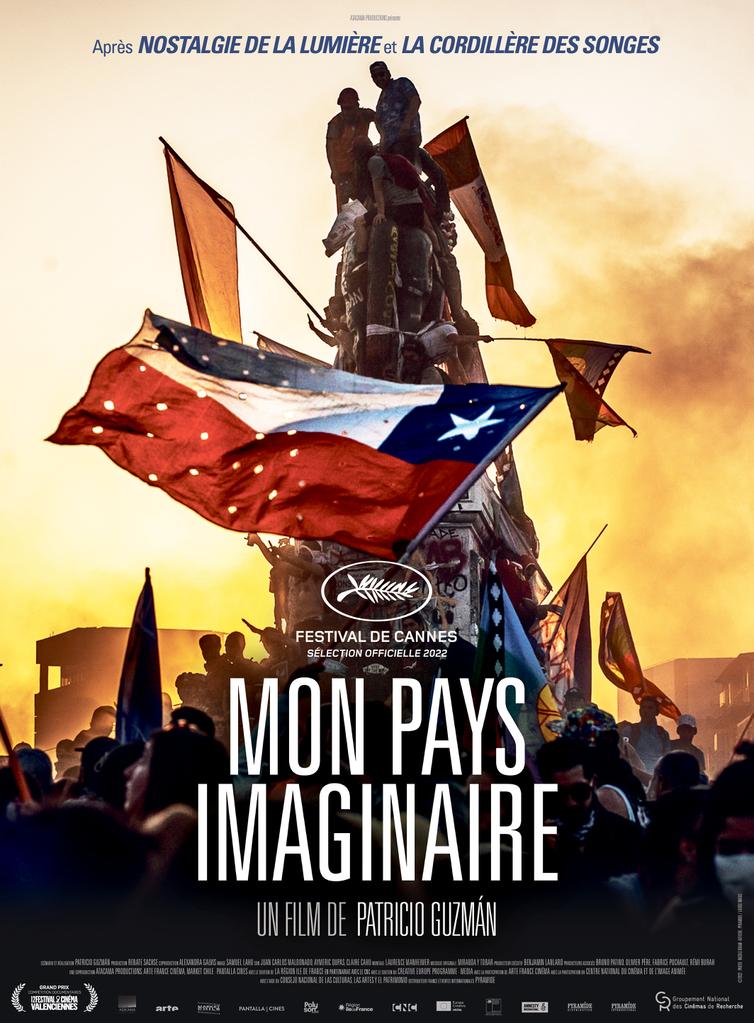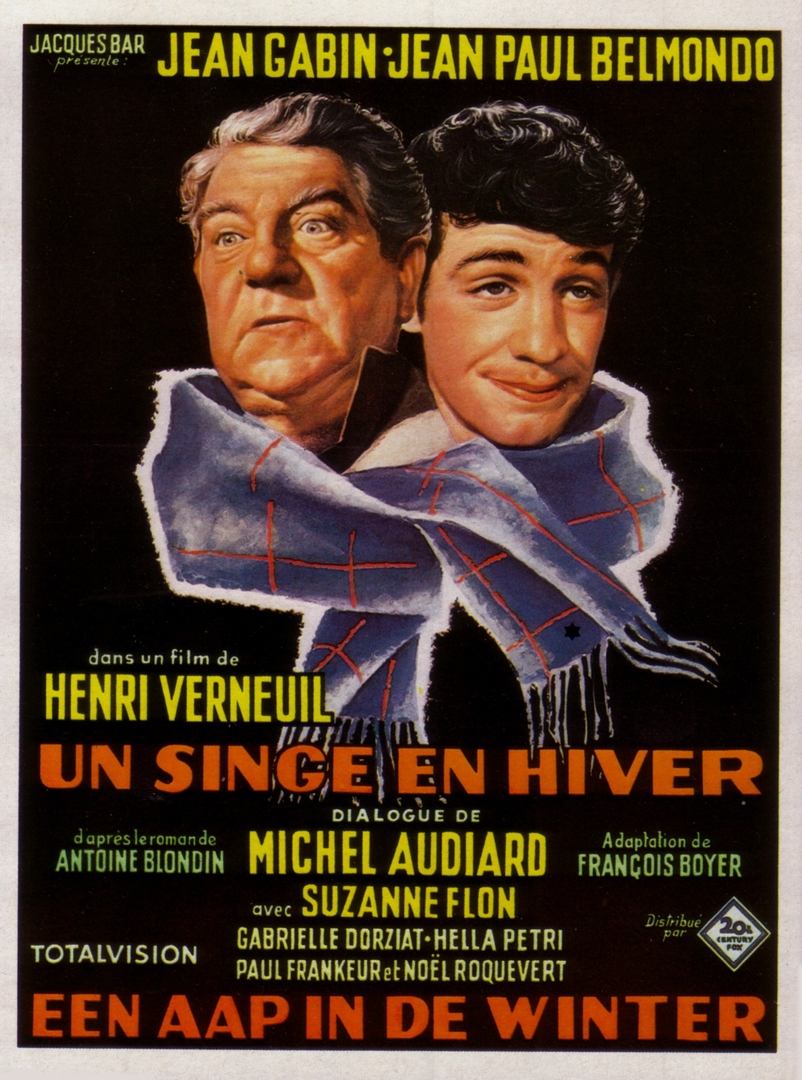Happy Together
Wong Kar-wai's cinema was characterized at the turn of the 2000s by his ability to create powerful images with virtuosity expressing sensations, emotions, and moods. Composing and detailing atmospheres is a work of art exposing at best the symbiotic relationship that sometimes develops between the filmmaker and his director of photography. This cycle includes the very rarely shown The Hand which articulates a diptych with In the Mood for Love.
Two young men exiled in Buenos Aires try to find their lost passion.
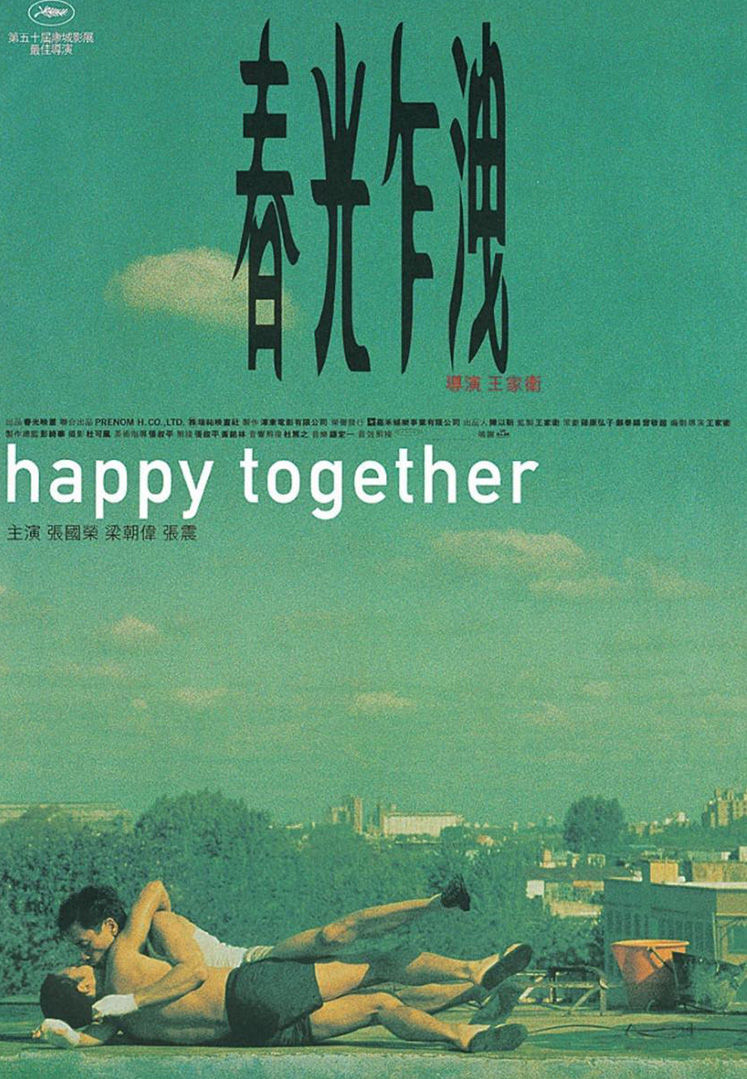
Wong Kar-wai
Born in Shanghai in 1958, Wong Kar-wai emigrated to Hong Kong as a child. He is separated during ten years from his siblings, blocked in China by the Cultural Revolution. This tearing and this individual and collective uprooting will undoubtedly permeate his work to come. After his studies, he became a production assistant and then a screenwriter for television. He joined Barry Wong's team, which opened the doors of the cinema world to him, and he notably wrote the screenplay for Final Victory by Patrick Tam, who produced his first film: As Tears Go By (1988). From the 1990s, the filmmaker shot the biggest stars of Hong Kong. Exploring very different genres, he signed several major public or critical successes (Ashes of Time, Chungking Express, Happy Together) thanks to which he forged a place of choice on the international scene, confirmed in the 2000s with In the Mood for Love and 2046. After a foray into the United States (My Blueberry Nights), he finds his faithful actor Tony Leung and Hong Kong history in The Grandmaster.

